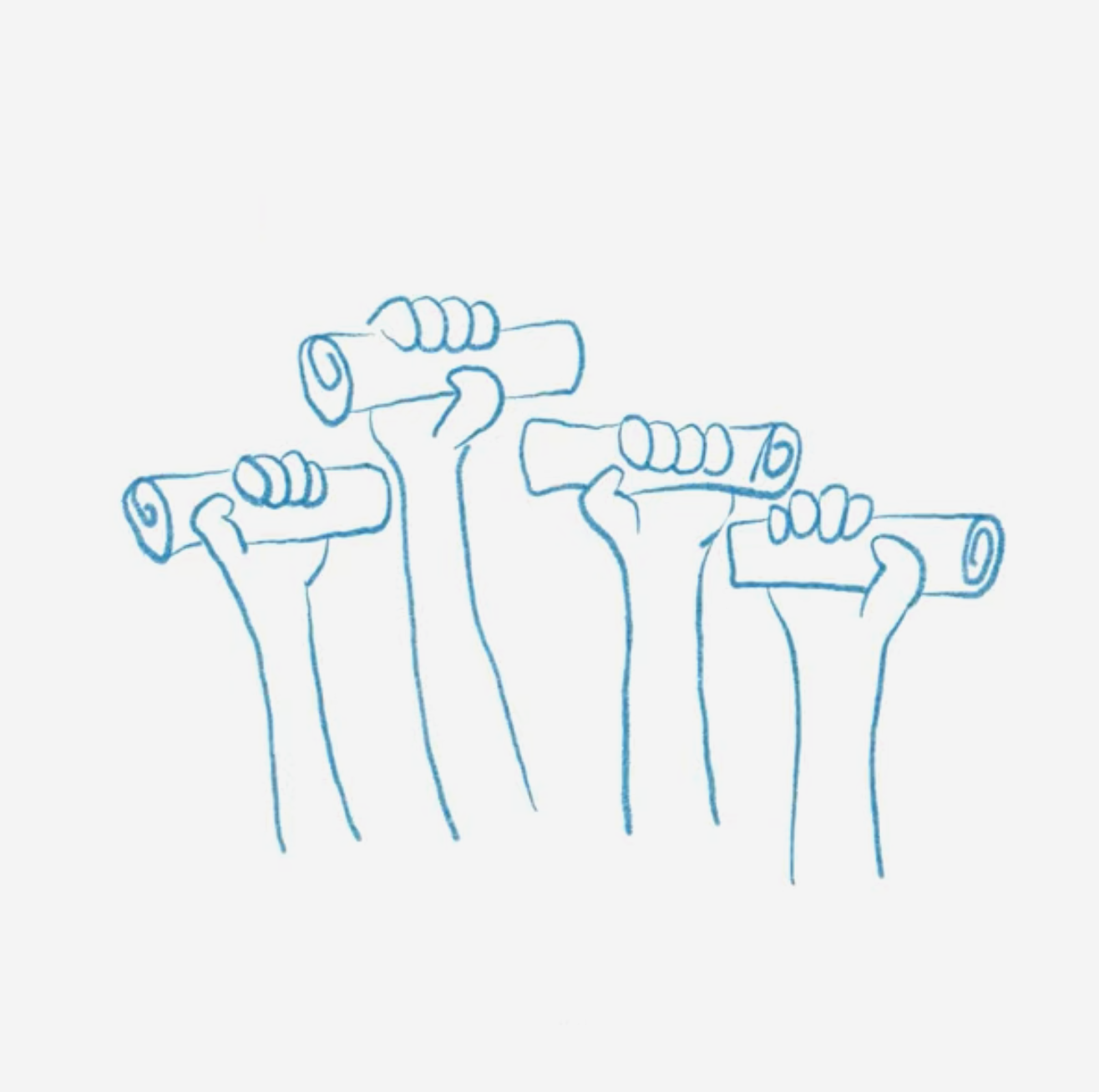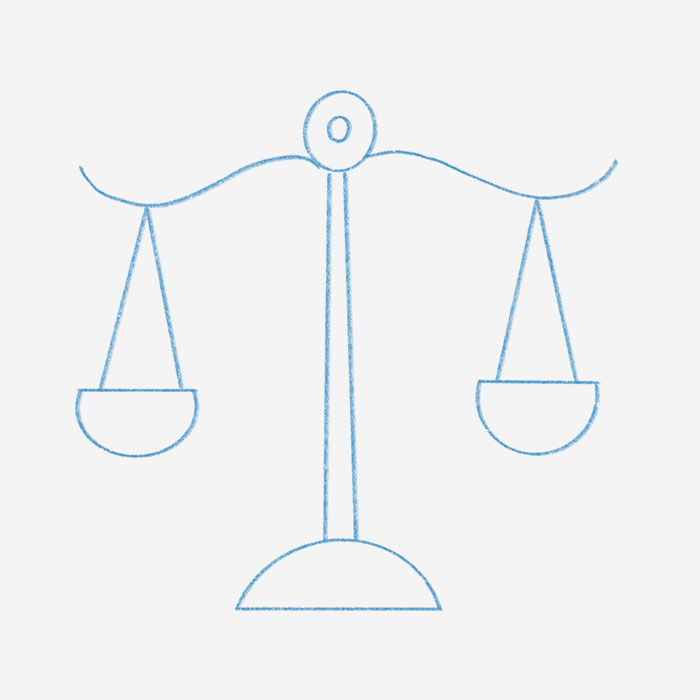UNHCR’s key calls to the European Union on Statelessness
People can become stateless for various reasons including discrimination, gaps in nationality laws and practices, conflict and displacement, or because a country no longer exists. In turn, statelessness can trigger displacement. Children can also be born into statelessness because their parents are stateless or cannot pass down their nationality. Members of minority groups are particularly affected. But it doesn’t have to be this way.
EU countries can put in place measures to identify and protect stateless people and prevent new cases. The EU can play a leading role in ending statelessness inside its borders and beyond, so that everyone everywhere can truly say: I BELONG.
What can the EU do to end Statelessness?

1. Help end statelessness inside the EU and globally
The EU should develop a comprehensive strategy and action plan to address statelessness within the EU and globally. Statelessness can be part of discussions between the EU and partner countries, including those aspiring to join the EU. The EU can lead by example and help EU states and countries around the world to end statelessness. The EU should consider statelessness when developing internal and external policies and use funding tools to support key organizations and other actors working on statelessness.

2. Improve identification of stateless people
Having better knowledge and identifying how many stateless people there are in the EU is key to understanding the difficulties they face and what needs to be done to address their situation. EU countries can agree on common standards to improve data collection, analysis and reporting.

3. Put in place laws and procedures so that stateless people can enjoy their rights
By putting the necessary laws and determination procedures in place, EU countries can identify, recognize and protect stateless people and ensure they can enjoy their rights. EU states can also adopt laws to make sure no more children are born stateless. There are two important Conventions to address statelessness. The 1954 Convention determines the minimum set of human rights a stateless person should enjoy and the 1961 Convention aims to prevent statelessness and end it over time. All EU countries should sign these two key instruments, make them work for stateless people, and support other countries globally to do the same.
